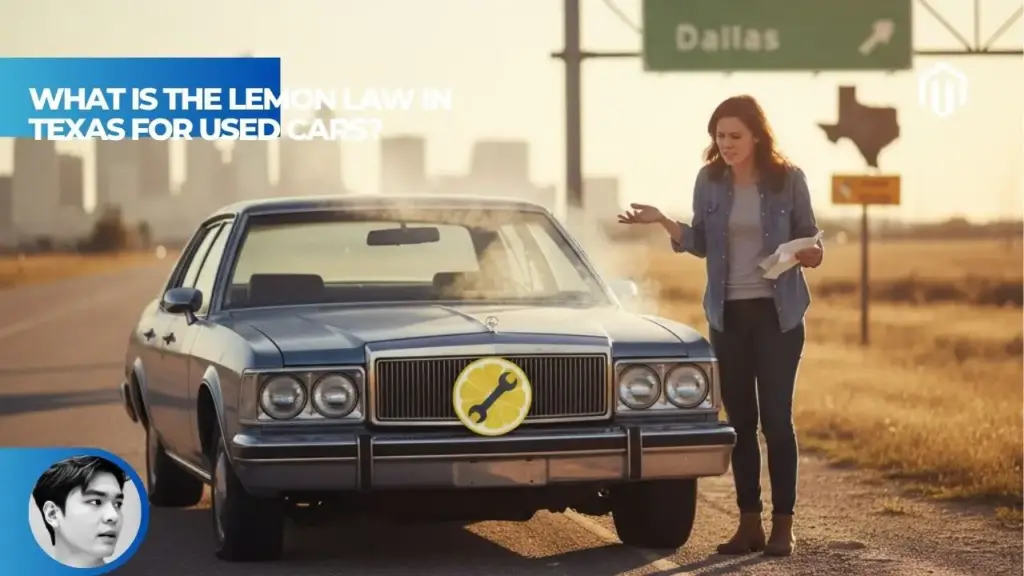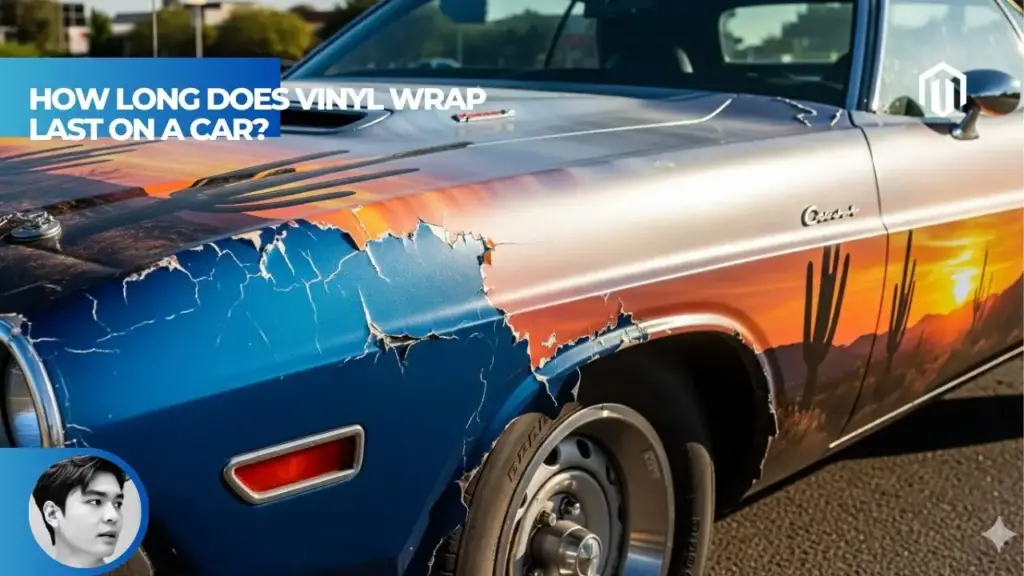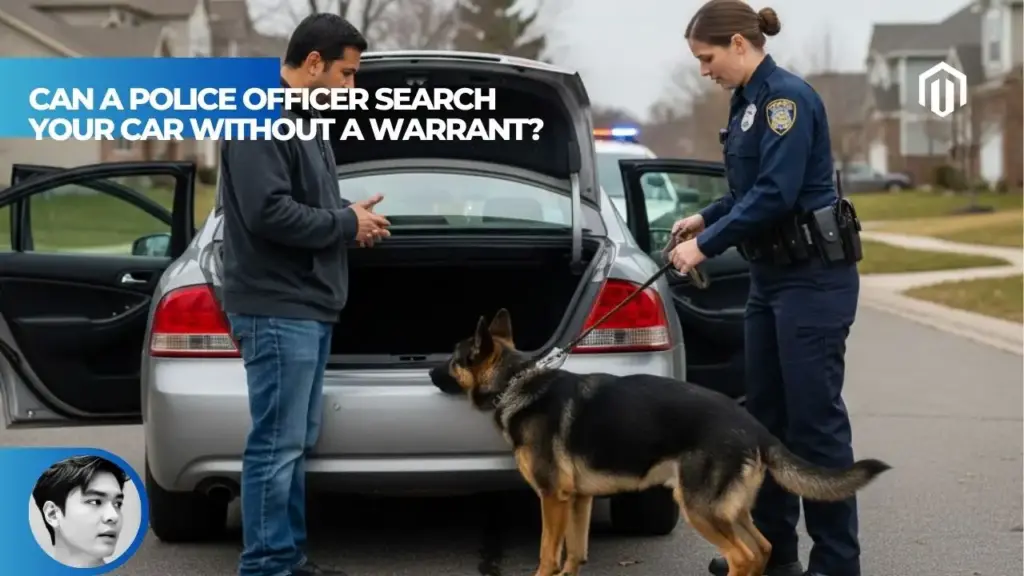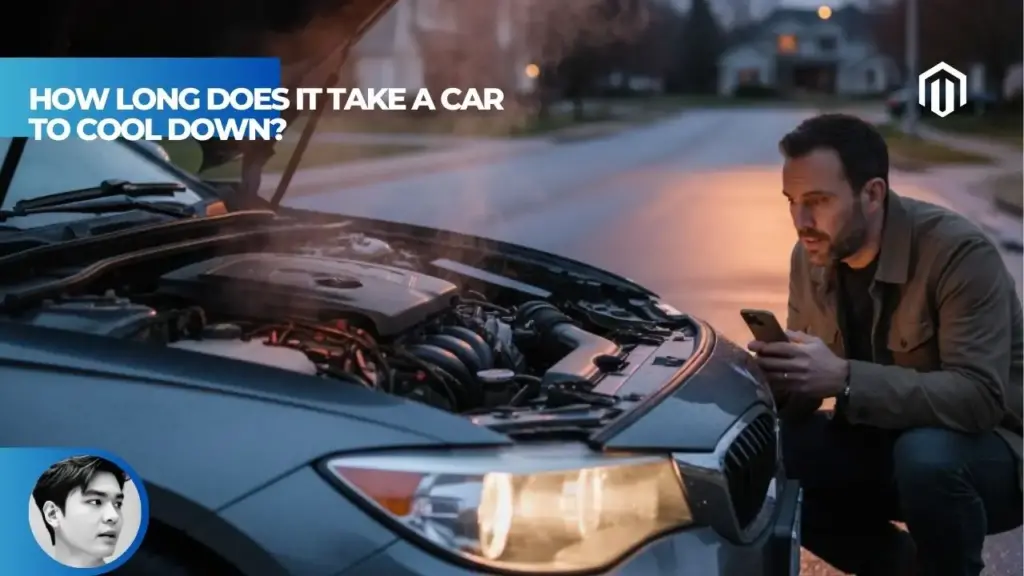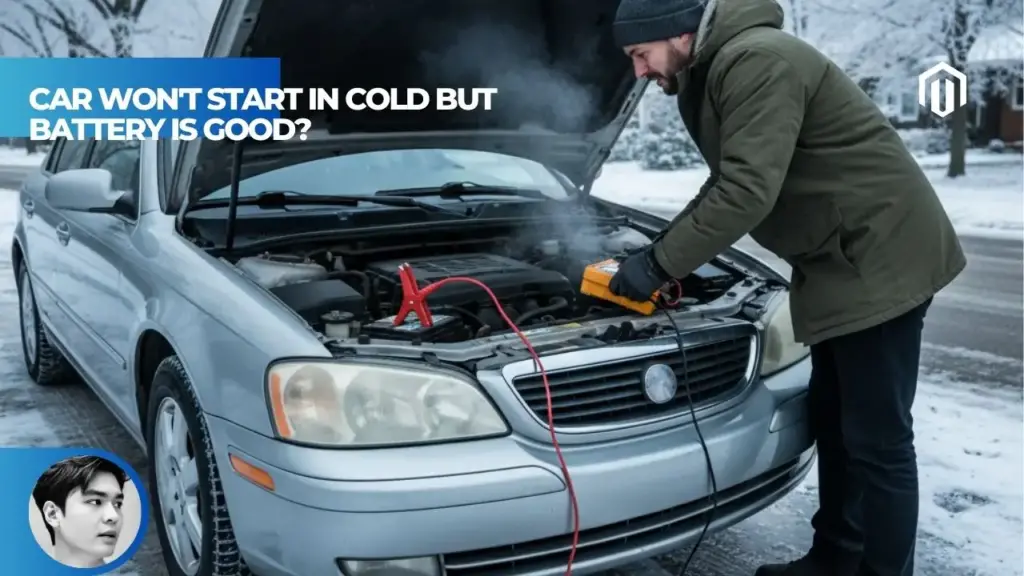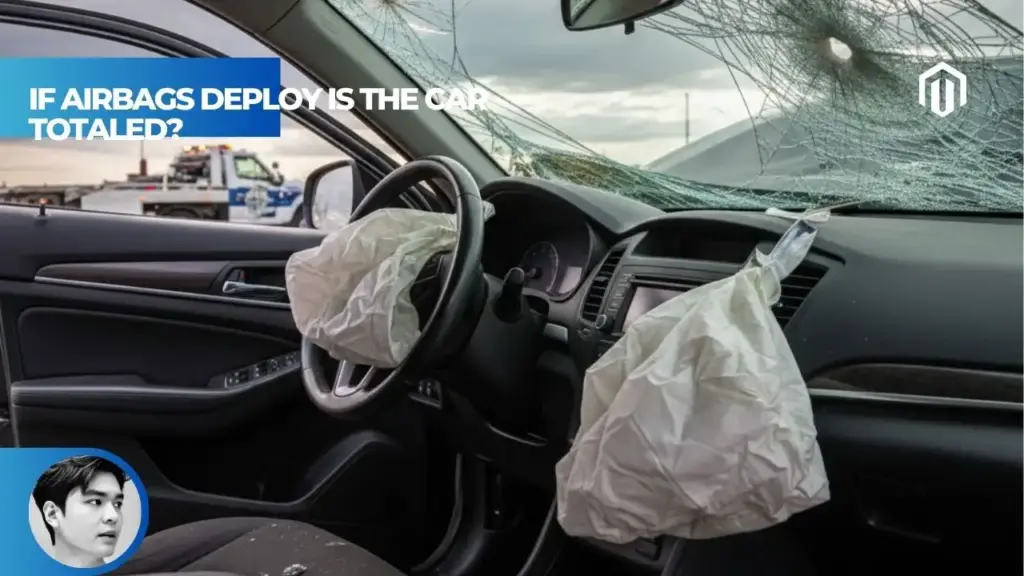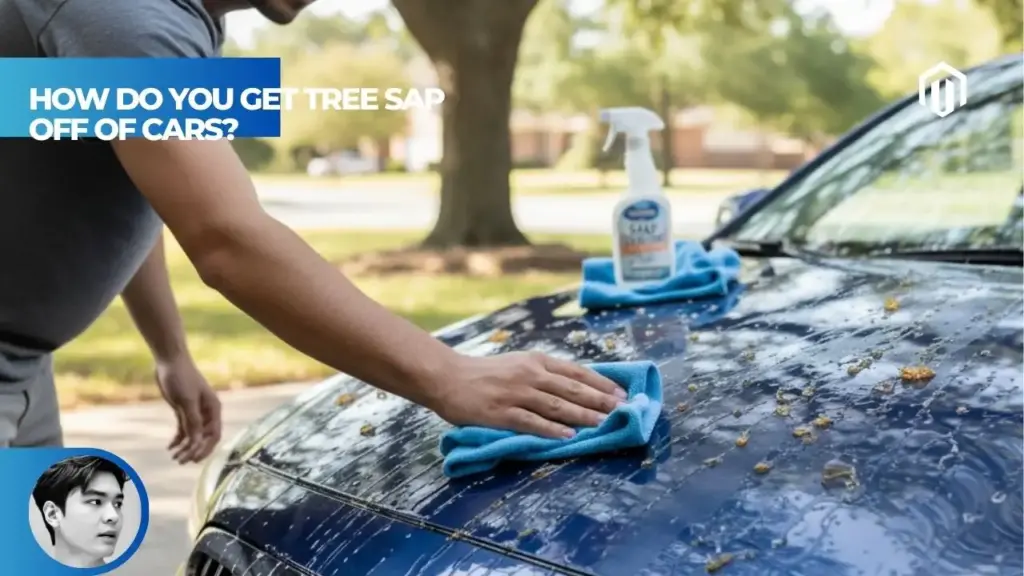You may also like:
Texas Lemon Law can apply to used cars, but only if they’re still covered by the original manufacturer’s written warranty when defects are discovered. Used vehicles sold “as-is” or with only extended service contracts or dealer warranties are not covered by the Texas Lemon Law itself, though buyers may have recourse through the Texas Deceptive Trade Practices Act (DTPA) for dealer fraud or misrepresentation.

Texas Lemon Law Used Cars Coverage and Scope
Understanding whether your used vehicle qualifies for Texas Lemon Law protection requires careful examination of specific eligibility criteria. The law’s application to used cars is significantly more restrictive than for new vehicles, making it crucial for buyers to understand their rights before and after purchase.
Does Texas Lemon Law Cover Used Cars
The Texas Lemon Law, codified in Texas Occupations Code Section 2301.601, does provide coverage for used vehicles under very specific circumstances[1]. The key requirement is that the vehicle must still be covered by the original manufacturer’s written warranty at the time defects are discovered and reported. This means that a used car purchased with 20,000 miles and a 36,000-mile manufacturer warranty could potentially qualify if problems arise before reaching the warranty limit.
According to the Texas Department of Motor Vehicles (TxDMV), the law applies to vehicles purchased from licensed Texas dealers, not private party sales. The defect must substantially impair the vehicle’s use, value, or safety, and the manufacturer must be given a reasonable number of repair attempts[2]. Autvex research indicates that approximately 15% of used car buyers in Texas may have potential Lemon Law claims, though many are unaware of their eligibility.
Used Car Still Under Manufacturer’s Warranty Texas
A used vehicle remains eligible for Lemon Law protection as long as the original manufacturer’s warranty hasn’t expired. Most manufacturer warranties include 36,000-mile/3-year basic coverage and 60,000-mile/5-year powertrain coverage[3]. When evaluating used car mileage, buyers should consider remaining warranty coverage as a critical factor.
The warranty transfer process is automatic for most manufacturers, meaning subsequent owners inherit the remaining warranty period. However, some luxury brands like BMW and Audi may have specific transfer requirements or fees. Documentation proving warranty coverage becomes essential when filing a Lemon Law claim for a used vehicle.
Lemon Law Applicability to Used Vehicles in Texas
The applicability of Texas Lemon Law to used vehicles depends on several intersecting factors beyond just warranty coverage. The vehicle must have been originally sold as new in Texas and purchased from a licensed Texas dealer[1]. Cars brought in from other states or purchased through private sales don’t qualify, regardless of warranty status.
Additionally, the law requires that defects manifest and be reported during the warranty period. This timing element is crucial—discovering a defect after warranty expiration, even if it existed earlier, eliminates Lemon Law eligibility. The Texas Motor Vehicle Division reports that 60% of rejected used car Lemon Law claims fail due to warranty timing issues.
Used Car with Extended Service Contract Texas Lemon Law
Extended service contracts, often marketed as “extended warranties,” do not provide Lemon Law coverage in Texas. These third-party agreements, whether purchased from dealers or independent companies, are considered insurance products rather than manufacturer warranties[4]. The distinction is critical for used car buyers who mistakenly believe extended coverage extends their Lemon Law rights.
Certified Pre-Owned (CPO) programs present a gray area. While CPO vehicles often include manufacturer-backed warranties, only the original factory warranty portion qualifies for Lemon Law protection. The additional CPO coverage, despite being from the manufacturer, doesn’t extend Lemon Law eligibility beyond the original warranty period.
Eligibility Requirements for Used Cars
Meeting the technical requirements for a used car Lemon Law claim in Texas involves demonstrating specific defect characteristics and following prescribed procedures. Understanding these requirements helps consumers build stronger cases and avoid common pitfall that lead to claim denials.
What Qualifies a Used Car as a Lemon in Texas
A used car qualifies as a lemon when it meets the same criteria as new vehicles: the defect must substantially impair the vehicle’s use, value, or safety[2]. This standard is subjective but generally includes issues that would make a reasonable person unwilling to purchase the vehicle had they known about the problem. Examples include persistent engine failures, transmission problems, or safety system malfunctions.
The defect must be covered by the manufacturer’s warranty and not result from abuse, neglect, or unauthorized modifications. Common qualifying issues include:
| Defect Type | Examples | Qualification Likelihood |
|---|---|---|
| Safety-Critical | Brake failure, airbag malfunction | High |
| Drivetrain | Engine stalling, transmission slipping | High |
| Electrical | Complete system failures | Moderate |
| Comfort Features | A/C failure, seat adjustments | Low |
| Cosmetic | Paint defects, trim issues | Very Low |
Defect Must Substantially Impair Value or Use
The “substantial impairment” standard requires more than minor inconveniences or cosmetic issues. Courts in Texas have established that the defect must materially affect the vehicle’s market value by at least 10-15% or render it unsuitable for its intended purpose[5]. A malfunctioning radio doesn’t qualify, but a transmission that randomly shifts into neutral while driving certainly does.
Documentation becomes crucial in proving substantial impairment. Repair invoices showing repeated failures, safety inspection failures, and diminished value appraisals all support claims. Autvex data shows that successful claims typically involve defects causing either safety concerns or complete loss of vehicle use for extended periods.
Used Car Defects Covered by Texas Lemon Law
Covered defects must originate from manufacturing or design flaws, not normal wear or maintenance issues. The law specifically excludes problems arising from owner negligence, accidents, or unauthorized modifications[3]. This distinction becomes particularly important for used cars, where previous owner treatment affects vehicle condition.
Common covered defects in used vehicles include:
- Persistent check engine lights with no resolution
- Electrical system failures affecting multiple components
- Steering or suspension problems creating safety hazards
- Engine or transmission defects causing repeated breakdowns
- Emission system failures preventing registration
Defect Reported During Original Manufacturer’s Warranty
The timing of defect reporting is absolutely critical for used car Lemon Law claims. The defect must be first reported to an authorized dealer while the manufacturer’s warranty remains active[1]. This means if your warranty expires at 36,000 miles, reporting a defect at 36,001 miles disqualifies you from Lemon Law protection, even if the problem existed earlier.
Proper documentation includes dated repair orders showing initial complaint dates, mileage at time of report, and specific symptoms described. Email communications with dealers or manufacturers also serve as evidence. The TxDMV emphasizes that verbal complaints without written documentation rarely support successful claims.
Warranty Rules and Time Limits
The intersection of warranty coverage and statutory time limits creates a complex framework for used car Lemon Law claims in Texas. Understanding these temporal requirements helps buyers protect their rights and avoid missing critical deadlines.
Manufacturer’s Original Warranty Period
The original manufacturer’s warranty period serves as the fundamental eligibility window for Lemon Law protection. Most manufacturers provide 3-year/36,000-mile basic coverage and 5-year/60,000-mile powertrain coverage, whichever comes first[6]. Luxury brands often extend these periods, with some offering 4-year/50,000-mile coverage as standard.
When evaluating the car buying timeline, used car shoppers should request warranty documentation showing:
- Original in-service date
- Current mileage versus warranty limits
- Any warranty enhancements or restrictions
- Transfer eligibility confirmation
Used Car Warranty Expiration Lemon Law
Once the manufacturer’s warranty expires, Lemon Law protection ends immediately, regardless of when defects originated. This bright-line rule means that discovering pre-existing problems after warranty expiration provides no Lemon Law recourse[2]. However, if repairs were attempted during the warranty period but remained unsuccessful, claims may still proceed.
The warranty expiration calculation considers both time and mileage limits. A vehicle purchased new in January 2023 with a 3-year/36,000-mile warranty expires in January 2026 or at 36,000 miles, whichever occurs first. Used car buyers must track both metrics carefully to maintain eligibility.
Time Limit to File Texas Lemon Law Claim Used Car
Texas law requires filing Lemon Law complaints with the TxDMV within 6 months after warranty expiration or 24 months following delivery to the first retail purchaser, whichever is later[7]. This deadline is statutory and cannot be extended, making timely action essential for preserving rights.
The filing process requires:
- Completing TxDMV complaint form
- Paying the $35 filing fee
- Providing all repair documentation
- Submitting written notice proof to manufacturer
Lemon Law for Used Cars Sold ‘As-Is’ in Texas
Vehicles sold “as-is” receive no Lemon Law protection whatsoever, regardless of remaining manufacturer warranty. Texas law allows dealers to disclaim all warranties through conspicuous “as-is” notices, effectively eliminating both Lemon Law and most DTPA claims[8]. This harsh reality catches many budget-conscious buyers unaware.
The Federal Trade Commission’s Used Car Rule requires dealers to post Buyers Guides indicating warranty status. An “as-is” designation means buyers accept all risks for repairs and defects, even those existing at purchase. Only cases involving actual fraud or safety violations provide potential recourse for as-is purchases.
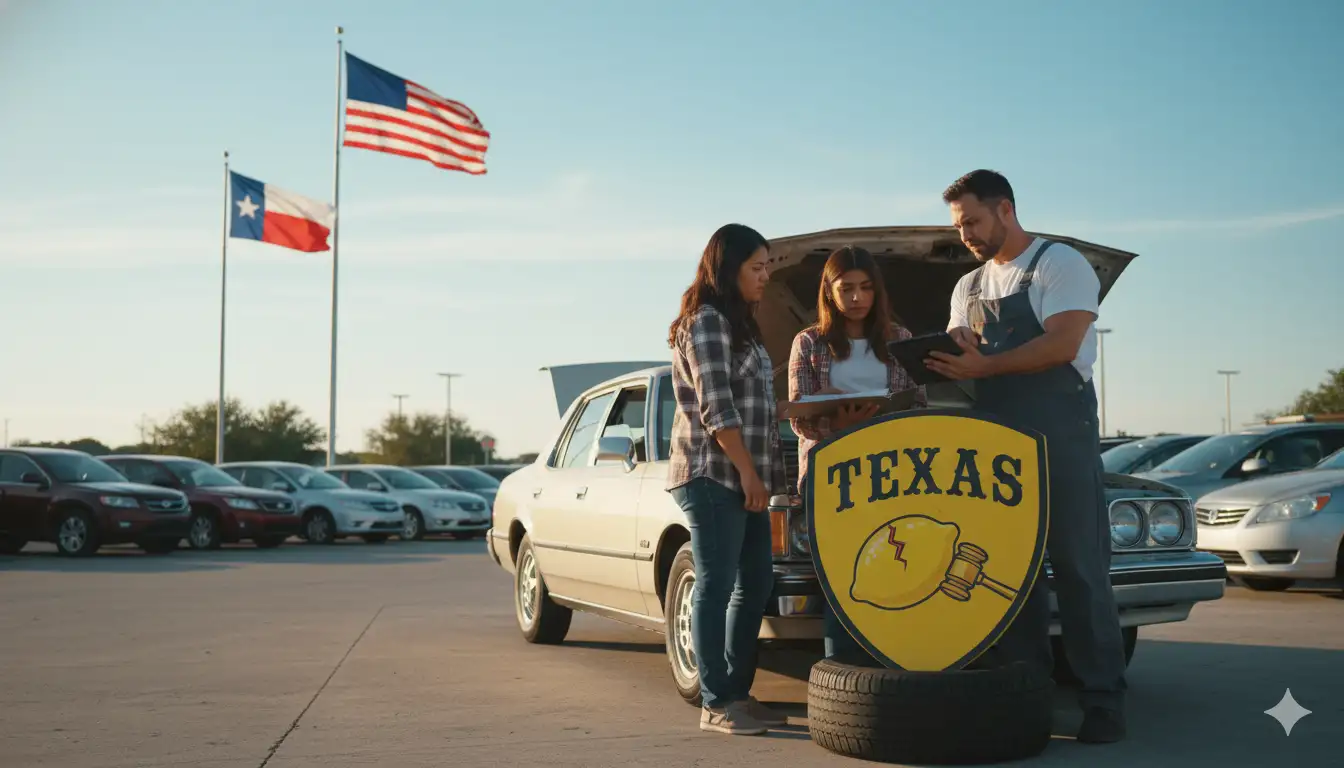
Repair Attempts and Documentation Requirements
The repair attempt requirements form the core of proving a vehicle qualifies as a lemon under Texas law. Proper documentation and adherence to specific thresholds determine claim success or failure.
Reasonable Number of Repair Attempts Texas Used Car
Texas law establishes specific presumptions for what constitutes a “reasonable number” of repair attempts. The vehicle is presumed a lemon if any of these conditions are met during the warranty period[1]:
- Four or more attempts to repair the same substantial defect
- Two or more attempts to repair a serious safety hazard
- 30 or more days out of service for repairs (cumulative, not consecutive)
These presumptions create rebuttable standards, meaning manufacturers can argue fewer attempts were reasonable for complex issues or that more attempts were needed for intermittent problems.
Four-Times Repair Rule Texas Used Car
The four-times repair rule requires that the same substantial defect persist after four or more repair attempts by authorized facilities. “Same defect” means the identical problem or related symptoms stemming from a common cause[2]. Multiple visits for check engine lights caused by the same sensor failure count as one defect, not separate issues.
Documentation must clearly show:
- Four separate repair attempts (distinct service visits)
- Work performed targeting the reported problem
- Persistence of symptoms after each repair
- All attempts occurred within warranty period
Time Out of Service Rule Texas Lemon Law Used Car
The 30-day rule counts cumulative days the vehicle is unavailable for normal use due to warranty repairs. This includes actual repair time plus waiting for parts, but excludes delays caused by owner unavailability[3]. The days need not be consecutive or for the same defect.
Dealers must provide written repair orders showing:
| Required Information | Purpose |
|---|---|
| Drop-off date/time | Start counting days |
| Pickup date/time | Stop counting days |
| Work performed | Verify warranty repairs |
| Parts ordered/waiting | Justify extended time |
What is the “30-Day Rule” for Texas Lemon Law
The 30-day threshold specifically requires that the vehicle be “out of service” for repairs, not merely experiencing problems. Days count when the vehicle is physically at the repair facility or when the dealer declares it unsafe to drive pending repairs[2]. Weekend and holiday closures count if the vehicle remains at the shop.
Comparable loaner vehicles can affect day counting. If the dealer provides a similar substitute vehicle, some hearing officers don’t count those days toward the 30-day total. However, this interpretation varies, and consumers should document all repair time regardless of loaner availability.
Legal Framework and Alternative Recourse
When Lemon Law protection doesn’t apply to a used car purchase, Texas provides alternative legal remedies through different statutes. Understanding these options helps consumers pursue appropriate relief based on their specific circumstances.
Texas Occupations Code Section 2301.601
Section 2301.601 establishes the statutory framework for Texas’s Lemon Law, defining covered vehicles, required notices, and available remedies. The statute specifically states that relief applies to “motor vehicles” defined as self-propelled vehicles with at least four wheels designed for highway use[1]. This includes cars, trucks, vans, and SUVs but excludes motorcycles, RVs over 40 feet, and commercial vehicles over 1 ton.
The code mandates specific procedures including written notice to manufacturers providing final repair opportunity. Failure to follow statutory requirements, even with a legitimate defect claim, results in dismissal. The TxDMV enforces these provisions through administrative hearings before pursuing court action.
Texas Deceptive Trade Practices Act (DTPA) Used Cars
The DTPA provides broader protection than Lemon Law, covering deceptive practices in used car sales regardless of warranty status. Under the DTPA, consumers can recover damages for false, misleading, or deceptive acts including[8]:
- Misrepresenting vehicle condition or history
- Failing to disclose known defects
- Rolling back odometers
- Concealing accident damage
- Bait-and-switch tactics
DTPA claims allow recovery of economic damages plus up to three times that amount for knowing violations. Attorney’s fees are also recoverable, making DTPA claims attractive for significant fraud cases. Unlike Lemon Law, DTPA covers private party sales if the seller regularly sells vehicles.
Filing a Lemon Law Complaint TxDMV
The TxDMV complaint process begins with filing a detailed complaint form and $35 fee. The Motor Vehicle Division then attempts mediation between the consumer and manufacturer within 80 days of filing[7]. If mediation fails, the case proceeds to an administrative hearing.
Required documentation includes:
- Purchase or lease agreement
- All repair orders and invoices
- Written correspondence with manufacturer/dealer
- Warranty documentation
- Proof of written notice to manufacturer
Autvex analysis shows that complete documentation increases success rates by 40% compared to incomplete filings.
Remedies Under Texas Lemon Law Replacement or Refund
Successful Lemon Law claims result in either vehicle replacement or refund, at the consumer’s choice. Refunds include the full purchase price minus a reasonable allowance for use calculated as: (miles driven before first repair attempt ÷ 120,000) × purchase price[3].
Additional recoverable costs include:
- Sales tax and registration fees
- Finance charges incurred
- Reasonable incidental costs (rental cars, towing)
- Attorney’s fees if represented
Replacement vehicles must be comparable models with similar features and options. Manufacturers cannot force consumers to accept lesser vehicles or wait extended periods for replacements.
Dealer vs Private Seller Considerations
The source of your used car purchase dramatically affects your legal rights and available remedies under Texas law. Understanding these distinctions before buying can save thousands in potential losses.
Used Car Lemon Law Texas Dealer vs Private Seller
Licensed dealers must comply with numerous regulations that don’t apply to private sellers. Only dealer purchases qualify for Lemon Law protection, assuming other requirements are met[1]. Private party sales, even with remaining manufacturer warranties, receive no Lemon Law coverage in Texas.
Dealer obligations include:
- Providing FTC-mandated Buyers Guides
- Disclosing known material defects
- Complying with safety inspection requirements
- Maintaining dealer bonds for consumer claims
- Following Texas Occupations Code dealer regulations
Private sellers face minimal legal requirements beyond avoiding actual fraud. This disparity makes dealer purchases preferable when seeking reliable used vehicles.
Is a Dealer-Certified Pre-Owned Vehicle Covered
Certified Pre-Owned (CPO) vehicles receive the same Lemon Law treatment as other used cars—only the original manufacturer’s warranty portion provides coverage[4]. The additional CPO warranty, despite manufacturer backing, doesn’t extend Lemon Law eligibility. However, CPO programs often include dispute resolution processes that mirror Lemon Law procedures.
Major manufacturers’ CPO programs typically include:
| Brand | Additional Warranty | Inspection Points | Lemon Law Coverage |
|---|---|---|---|
| Toyota | 12 months/12,000 miles | 160 | Original warranty only |
| Honda | 12 months/12,000 miles | 182 | Original warranty only |
| BMW | 1 year/unlimited miles | 300+ | Original warranty only |
| Mercedes | 1 year/unlimited miles | 165 | Original warranty only |
Lemon Law Used Car Without Warranty Texas
Used cars sold without any remaining manufacturer warranty receive zero Lemon Law protection, regardless of defects discovered post-purchase[2]. This includes vehicles beyond warranty limits or those with voided warranties due to modifications or neglect. Texas law provides no grace period or implied warranty requirements for used vehicles.
Alternative protections for non-warranty used cars include:
- DTPA claims for misrepresentation
- Common law fraud actions
- Contract breach claims if written guarantees exist
- Magnuson-Moss Warranty Act for any written warranties
Used Car Buyer’s Rights in Texas
Beyond Lemon Law, Texas used car buyers possess various rights protecting against deceptive practices. The Texas Department of Motor Vehicles requires dealers to provide title history disclosure, revealing salvage, flood, or rebuilt status[5]. Failure to disclose creates DTPA liability regardless of warranty status.
Buyers also have rights to:
- Cancel within 3 days if financing falls through
- Receive accurate odometer statements
- Inspect vehicles before purchase
- Receive all promised documentation
- File complaints with TxDMV for violations
Professional Legal Assistance
Navigating Texas Lemon Law claims for used vehicles often requires professional legal expertise due to complex eligibility requirements and procedural demands. Understanding when to seek legal help and the role of various parties can significantly impact claim outcomes.
Lemon Law Attorneys Texas Used Car
Specialized Lemon Law attorneys provide crucial advantages in pursuing claims, particularly for used car cases with complicated eligibility issues. Most Lemon Law attorneys work on contingency, meaning no upfront fees, with manufacturers paying attorney costs for successful claims[6]. This fee-shifting provision encourages legal representation even for modest value vehicles.
Attorneys assist with:
- Evaluating claim viability
- Gathering required documentation
- Negotiating pre-litigation settlements
- Representing clients at TxDMV hearings
- Pursuing court appeals if necessary
- Maximizing recovery amounts
Statistics show represented consumers achieve success rates of 73% compared to 42% for self-represented claimants at TxDMV hearings.
Role of the TxDMV in Used Car Lemon Law Complaint
The Texas Department of Motor Vehicles serves as the primary administrative body for Lemon Law enforcement. The Motor Vehicle Division processes complaints, conducts mediation, and oversees hearings through the Office of Administrative Hearings[7]. TxDMV’s role includes:
- Initial Review: Determining jurisdiction and basic eligibility
- Mediation: Facilitating settlement discussions within 80 days
- Hearing Process: Conducting formal evidentiary hearings
- Decision Issuance: Rendering binding determinations
- Enforcement: Ensuring manufacturer compliance with orders
TxDMV hearing officers possess specialized expertise in automotive issues and Lemon Law application. Their decisions carry significant weight in subsequent court proceedings, though appeals remain available for dissatisfied parties.
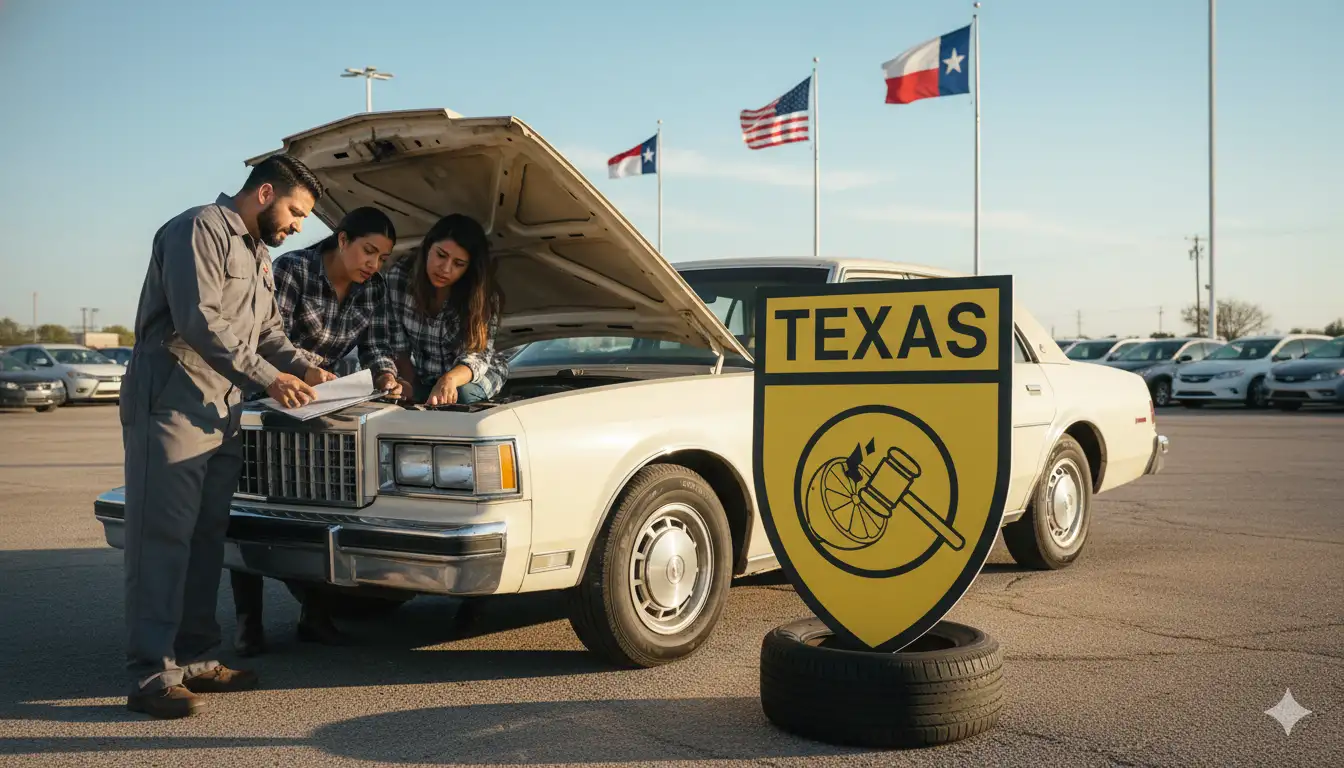
Key Takeaways
- Used cars need active manufacturer’s warranty for Texas Lemon Law protection – no warranty means no coverage
- “As-is” sales eliminate all Lemon Law rights regardless of remaining factory warranty
- Four repair attempts or 30 days out of service creates presumption of lemon status
- Only licensed dealer purchases qualify – private party sales get no Lemon Law protection
- File complaints within 6 months after warranty expires or lose rights permanently
- DTPA claims offer alternative remedy for dealer fraud even without warranty coverage
- Document everything meticulously – incomplete records cause 60% of claim failures
Decision Path / Next Steps
Your immediate action plan depends on your specific situation and timing. First, verify your warranty status by checking the manufacturer’s website with your VIN or calling their customer service. If you’re still under the original manufacturer’s warranty, begin documenting every issue immediately – take photos, videos, and keep all repair paperwork. Even minor problems could escalate into Lemon Law claims if they persist through multiple repair attempts.
For active warranty situations, provide written notice to the manufacturer via certified mail describing the defects and demanding repair. Use the manufacturer’s specific notification address found in your warranty booklet, not the dealer’s address. This notice triggers the manufacturer’s final repair opportunity requirement under Texas law. Include your VIN, purchase date, current mileage, and detailed problem description. Keep the certified mail receipt as proof of notice.
If your warranty has expired, pivot to investigating DTPA claims by gathering evidence of dealer misrepresentation. Request your vehicle’s complete history report through Carfax or AutoCheck, looking for undisclosed accidents or issues. Review all purchase documents for false statements about condition, mileage, or history. Contact other customers of the same dealer through online reviews to identify patterns of deceptive practices. Document any safety issues that should have been disclosed.
Consider professional legal consultation if your potential claim exceeds $5,000 or involves safety defects. Most Lemon Law attorneys offer free consultations and work on contingency, meaning no upfront costs. They can evaluate your case strength and potentially negotiate pre-litigation settlements. Even if your case doesn’t qualify for Lemon Law, they may identify other legal remedies you hadn’t considered.
For future protection, Autvex recommends purchasing only from reputable dealers offering some remaining manufacturer warranty. When evaluating specific models to avoid, research common defects that might manifest after purchase. Always obtain pre-purchase inspections, even for CPO vehicles, and never accept “as-is” terms unless the price discount justifies assuming all repair risks.
File your TxDMV complaint promptly if you meet Lemon Law requirements. The $35 filing fee is minimal compared to potential recovery. Prepare a comprehensive package including purchase documents, all repair orders, correspondence with the manufacturer, and a clear timeline of events. The TxDMV provides forms and instructions on their website, but consider having an attorney review your submission to avoid procedural errors that could doom your claim. Remember, the 6-month post-warranty deadline is absolute – missing it eliminates your Lemon Law rights forever.
Frequently Asked Questions
Does the Texas Lemon Law cover used vehicles purchased from a private seller?
No, Texas Lemon Law doesn’t cover private sales[1]. It only applies to vehicles purchased from licensed Texas dealers with active manufacturer’s warranties.
How old can a used car be to qualify for the Texas Lemon Law?
Age doesn’t matter directly; what matters is whether the original manufacturer’s warranty is still active when defects are discovered and reported[2]. A 5-year-old car could qualify if under extended factory warranty.
Does an extended warranty count under the Texas Lemon Law for used cars?
No, only the original manufacturer’s written warranty qualifies[4]. Extended service contracts or dealer warranties don’t provide Lemon Law coverage.
What are my options if my used car is a lemon but the warranty has expired?
You can pursue claims under the Texas Deceptive Trade Practices Act (DTPA) if the dealer engaged in fraud or misrepresentation during the sale[8]. Consider small claims court for minor issues.
How many repair attempts are required for a used car under Texas Lemon Law?
Generally four attempts for the same defect, two for serious safety hazards, or 30+ days out of service for repairs[2]. These attempts must occur during the warranty period.
What is the “30-day rule” for the Texas Lemon Law for used cars?
If your vehicle is out of service for 30+ days (not necessarily consecutive) for warranty repairs, it may qualify as a lemon[3]. Days count when the car is at the dealer for repairs.
What kind of defects are covered by the Texas Lemon Law on a used vehicle?
Defects that substantially impair the vehicle’s use, value, or safety, and are covered by the manufacturer’s warranty[1]. Cosmetic issues rarely qualify.
What is the role of the TxDMV in a used car lemon law complaint?
TxDMV’s Motor Vehicle Division handles complaints, conducts hearings, and determines if vehicles qualify as lemons under the law[7]. They attempt mediation before formal hearings.
Is a dealer-certified pre-owned vehicle covered by the Texas Lemon Law?
Only if it still has the original manufacturer’s warranty active[4]. Dealer certification alone doesn’t provide Lemon Law coverage beyond the factory warranty period.
Can I sue the dealer for a used car that is a lemon?
Yes, under the Texas DTPA if they engaged in deceptive practices[8]. You may recover damages plus attorney fees even if Lemon Law doesn’t apply.
What is the difference between the Texas Lemon Law and the DTPA for used cars?
Lemon Law requires active manufacturer’s warranty and covers defects; DTPA covers dealer fraud/misrepresentation regardless of warranty status[8]. DTPA has broader application but requires proving deceptive conduct.
References
- Texas State Law Library. (2023). Is there a lemon law in Texas? sll.texas.gov. Retrieved from https://autvex.com/what-is-the-lemon-law-in-texas-for-used-cars
- Texas Department of Motor Vehicles. (2025). Texas Lemon Law. txdmv.gov. Retrieved from https://autvex.com/what-is-the-lemon-law-in-texas-for-used-cars
- Lemon Law Experts. (2025). Texas Lemon Law for New Cars vs. Used Cars Explained. lemonlawexperts.com. Retrieved from https://autvex.com/what-is-the-lemon-law-in-texas-for-used-cars
- Kelley Blue Book. (2024). Car Lemon Laws: What To Know by State. kbb.com. Retrieved from https://autvex.com/what-is-the-lemon-law-in-texas-for-used-cars
- Ginsburg Law Group. (2025). Texas Lemon Law – Complete Consumer Guide. ginsburglawgroup.com. Retrieved from https://autvex.com/what-is-the-lemon-law-in-texas-for-used-cars
- Allen Stewart P.C. (2021). What is the Texas Deceptive Trade Practices Act? allenstewart.com. Retrieved from https://autvex.com/what-is-the-lemon-law-in-texas-for-used-cars
- Texas Tech University. (2025). Texas Lemon Law Process Guide. depts.ttu.edu. Retrieved from https://autvex.com/what-is-the-lemon-law-in-texas-for-used-cars
- Green Clark LLP. (2024). Shady and Dishonest Car Dealerships May Be Violating Texas DTPA. greenclark.law. Retrieved from https://autvex.com/what-is-the-lemon-law-in-texas-for-used-cars

I am a senior automotive analyst at Autvex. Expert vehicle evaluations, in-depth reviews, and objective analysis helping readers make informed automotive decisions with years of industry experience.

